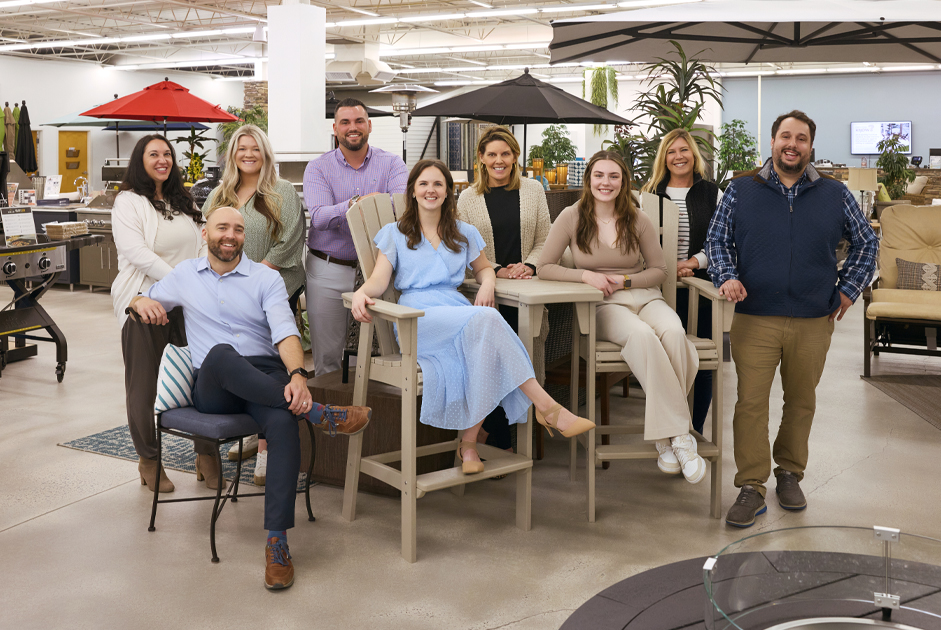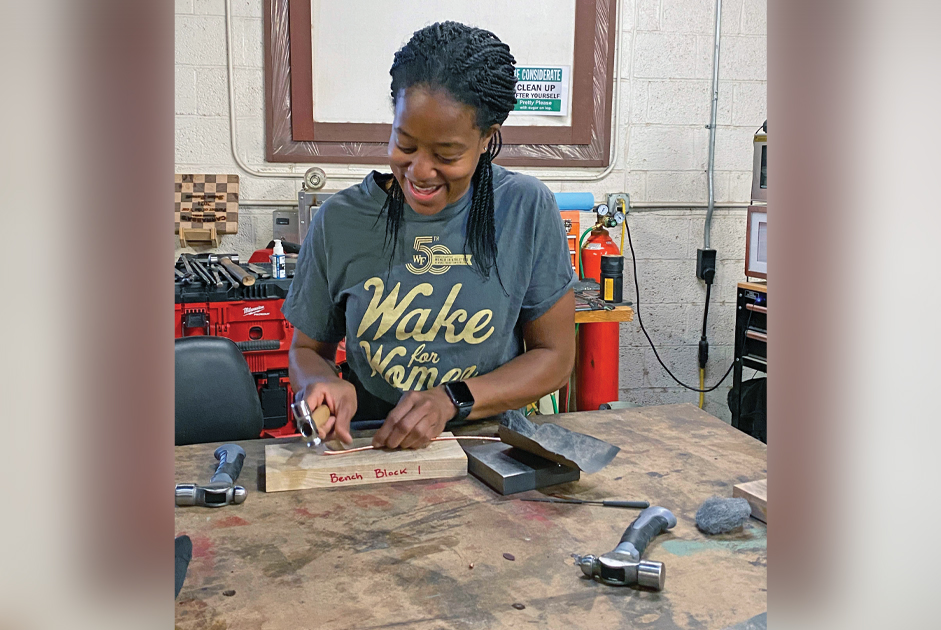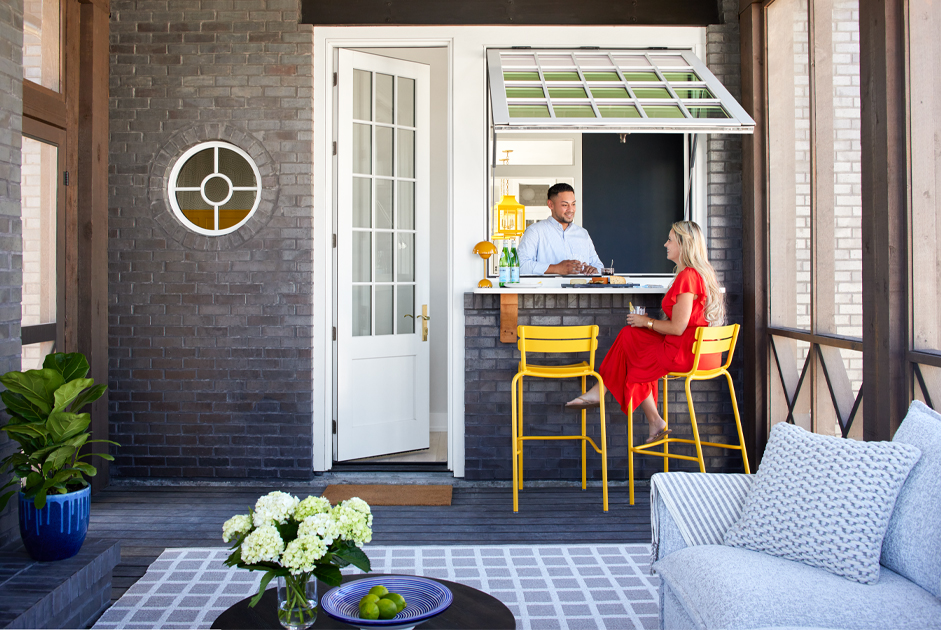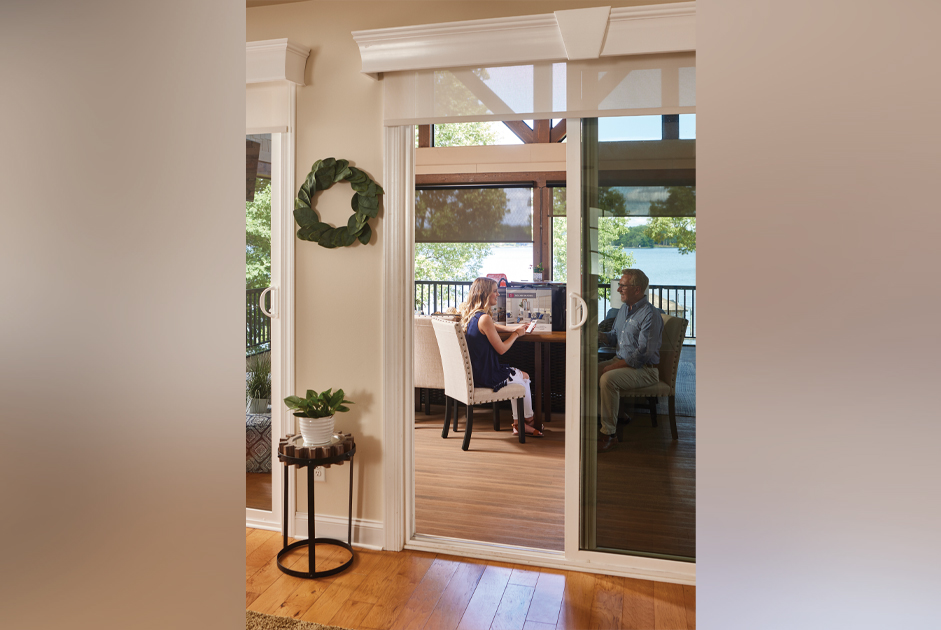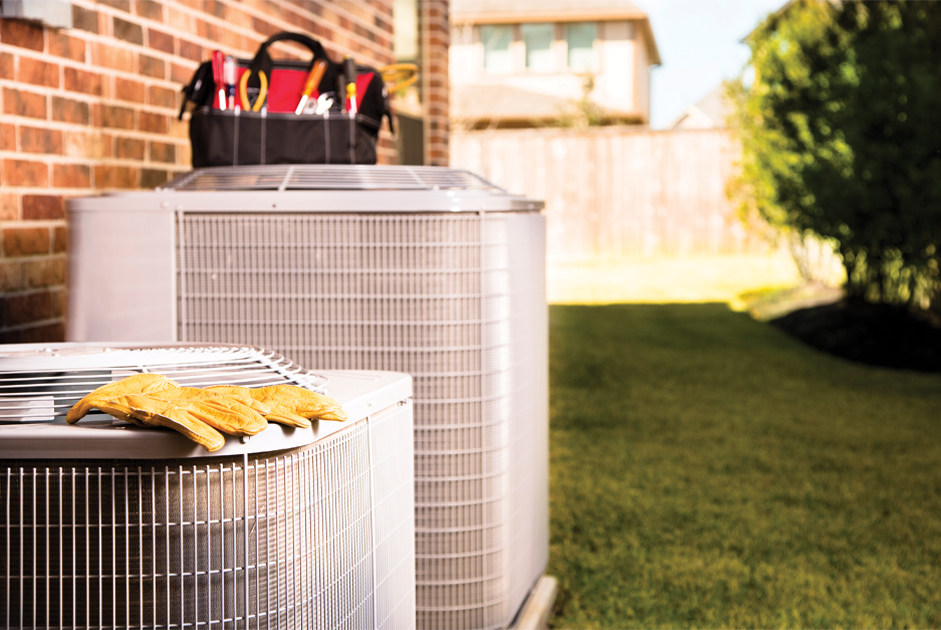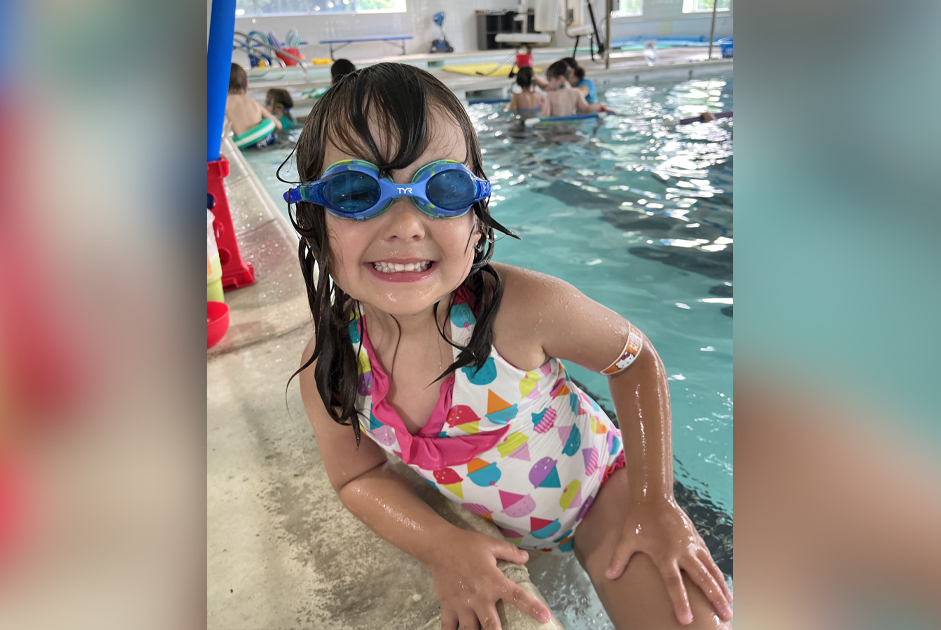Imbedded in our minds is the worrisome mantra, “What if,” that spans topics from safety and financial security to the health of loved ones, pets, and self. Asking “What can I do?” leads to a proactive decision to invest time in the ultimate insurance policy—valuable life skills comprising security, shelter, food, water, and medical care! In any emergency, from extreme weather to a personal disaster, you have the power to take charge of your fate by making plans and taking action!
“…and God said, ‘Let there be water.’” In a situation of emergency or disaster, the one item that will maintain life is adequate levels of hydration. With ample water flowing from our faucets, contained in refillable filtration systems, and prepackaged water bottles, it seems too elementary to include it on a must-have list; yet, there’s more to consider than readily available H2O!
How Much Do You Need?
Survival guides and the CDC advise homeowners to store enough water for a minimum of two weeks. You’ll need an adequate supply if your water source is cut off or compromised through contamination. Be mindful of a glass or bottle that smells, looks, or tastes funky.
Every adult and child should have one gallon per day; therefore, a family of four would require storing 28 gallons per week. Consider doubling the amount in preparation for at least one sick or wounded member of the family.
Eliminating Bacteria
Bottled water can leach chemicals into the water and contaminate it after two years. Rather than taking your chances, the following strategies can ensure safety:
- Utilize the sun’s UV light to disinfect bacterial and viral hazards by placing water in clear glass or plastic bottles in the sun for one full day. It only works with two liters or smaller.
- Battery-powered ultraviolet lights, called SteriPENs, are available to purify water.
- Invest in filtration filters certified by NSF International, which includes names like Britta and LifeStraw.
- Campers often use water purification tablets. This is a viable option unless you are pregnant or allergic to iodine.
- Boil water at 149 degrees Fahrenheit for one minute, cool, and drink.
- Add two drops of liquid household bleach that does not contain perfumes, dyes, and other additives. (Bleach can lose its effectiveness; therefore, be aware of expiration dates. Add two drops per quart to clear water and four drops to cloudy water. Shake or stir thoroughly for one minute, and allow to sit for 30 minutes before drinking.)
How Do I Store It All?
Hundreds of times daily we use water to perform the necessary actions of sanitation and hydration. When the possibility is no longer available, we realize the debilitating nature of this lack. For that reason alone, storage is a necessity. A basement is a logical location; yet, without the additional space, start thinking about closets, underneath beds, and unused storage spaces.
- You’ll need grab-and-go bottles. Just remember, store brands often lack quality control.
- Large bottles with handles can aid in flushing toilets, rinsing dishes, or taking sponge baths. (Dark places are best, since sunlight can degrade plastic.) Never reuse milk containers. They lack-long term use features and tight-fitting caps.
- Water barrels and recycled drums placed in the shade and covered serve a general purpose, whether to water vegetables in a garden or use for survival. Make sure containers have a secure lid and are placed in the shade. Another option is to bury a tank to retain water close to a source.
Tip: Add a gallon jug to your freezer. In case of an outage, it will help keep the contents cold!
Beyond the Sink
Forsyth County has many babbling brooks, winding creeks, branches, and healthy, flowing streams. Do you know how long it would take to arrive at your closest water source? In thinking about emergencies and survival, take a walk to your waterway and determine whether it could be a viable place to contain water.
Tip: From tablets to boiling, NO treatment will make swimming pool water safe for drinking. It can, on the other hand, be useful for flushing toilets.
The Wonder Wash
Life never stops in a household. Mom can always count on a growing pile of dishes and laundry. Washboards, galvanized tubs, laundry bars, and clotheslines may be a distant memory, but not entirely useless. In planning for emergencies, start thinking about how to clean clothes. There’s always a hand-crank method called “The Wonder Wash.” Despite the manual effort, clothes come out remarkably clean!
Next Month: Making a Plan for Food Storage






